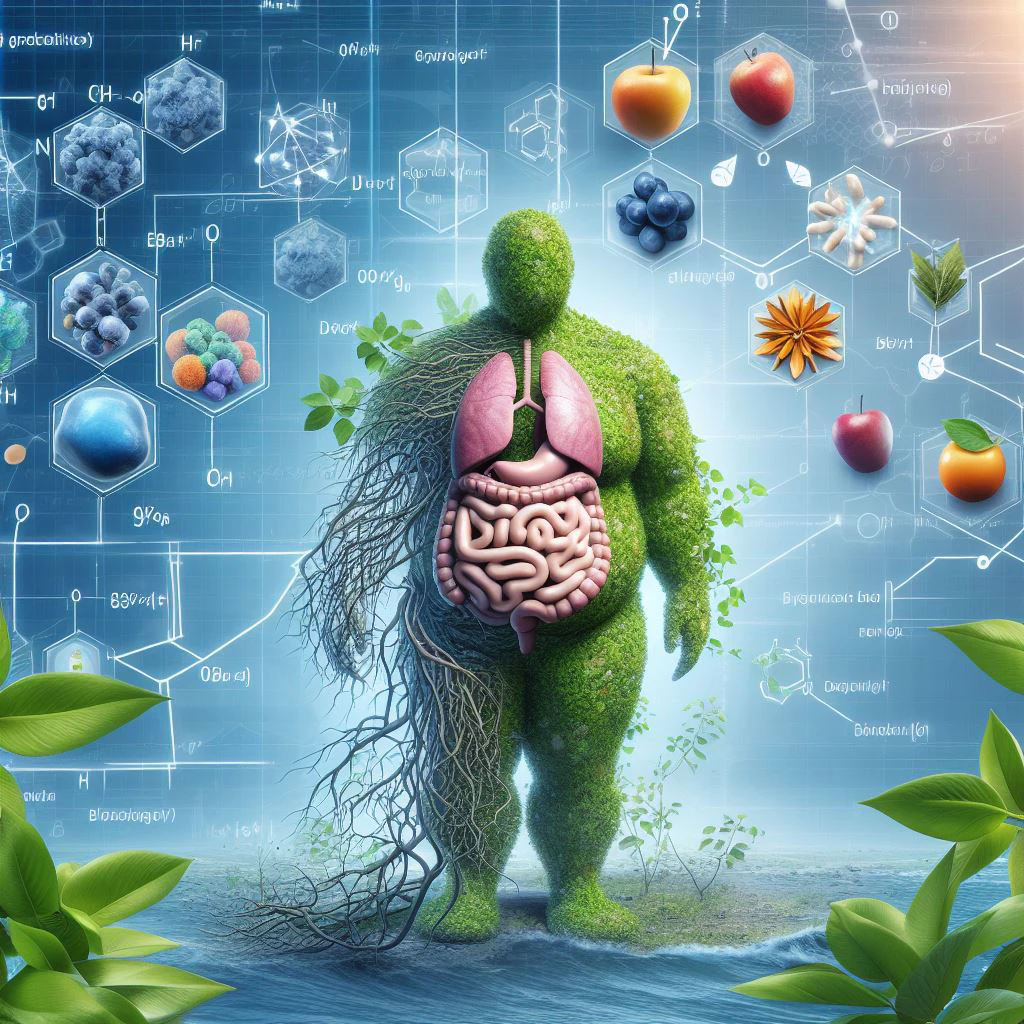Researchers from the Catholic University of Murcia in Spain have made a major advancement in the ongoing fight against obesity by employing artificial intelligence (AI). They’ve combed through a vast library of natural substances using state-of-the-art AI algorithms, and they’ve identified two possible weight loss superstars concealed within plants. These substances, which seek to resemble the function of the pivotal hormone GLP-1, have the potential to transform weight loss therapies by providing efficacious substitutes with reduced adverse reactions.
Exploration of plant-derived compounds for obesity treatment
Initially, scientists looked to the wide range of naturally occurring substances present in plants in an effort to find new weight loss supplements. They started a virtual screening process by using artificial intelligence (AI), carefully examining over 10,000 chemicals to find ones that could interact with the GLP-1 receptor. Because of its critical function in controlling hunger and metabolism, this receptor is a top choice for weight loss therapies.
The researchers reduced the number of chemicals in the selection to 100 that showed the highest affinity to the GLP-1 receptor by advanced computational studies. Out of all of these, two compounds stood out as very promising: “Compound A” and “Compound B,” which have mysterious names. These substances, which are derived from widely available plants, resemble synthetic GLP-1 agonists quite a bit, raising the prospect of all-natural substitutes for current pharmaceuticals.
To confirm that Compounds A and B activate GLP-1 receptors, more laboratory research is being done. If these chemicals prove to be effective, they may open the door for the creation of weight loss medications that are taken orally, so eliminating the requirement for injections that come with present medications.
The role of AI in drug discovery
With its unmatched efficiency and cost-effectiveness, the application of AI represents a paradigm leap in drug research. Researchers reduce the amount of time that lengthy laboratory experiments are required in order to identify interesting compounds faster by using virtual screening and computer analyses. Elena Murcia, the study’s principal author, emphasizes how crucial computer-based methods are to expediting the drug discovery procedure.
AI-driven simulations not only save money and time but also offer insightful information about intricate biological relationships that help identify new targets for treatment. Also, by using these simulations, scientists may foresee and address possible ethical and safety issues before moving forward with clinical trials, guaranteeing a methodical and rigorous approach to drug development.
The results of this study provide optimism in the fight against obesity as they are ready to be presented at the European Congress on Obesity. Utilizing artificial intelligence (AI) to investigate the extensive database of substances originating from plants could open up new possibilities for the development of safe, efficient, and manageable weight-loss drugs. Though the future looks bright, thorough validation through lab testing and clinical trials is necessary to fully tap into these plant-based super stars’ potential. Will a new era in the treatment of obesity be ushered in by the merging of AI and natural compounds? The answer will become clear in time.





